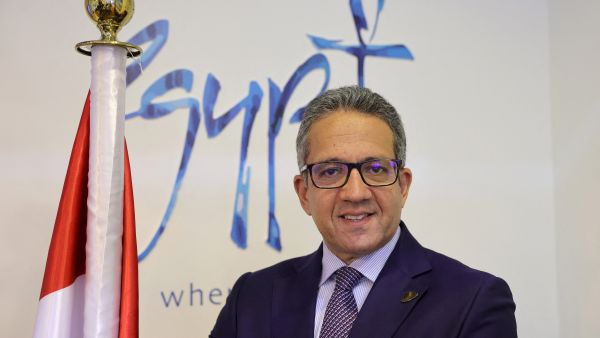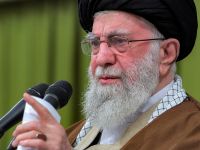ALBAWABA- In a historic milestone for the Arab world and global cultural diplomacy, Egypt’s Dr. Khaled al-Anani has been elected as the next Director-General of UNESCO, becoming the first Arab to lead the organization since its establishment in 1945.
Al-Anani, a distinguished Egyptologist and former Minister of Tourism and Antiquities, secured 55 out of 58 votes in a decisive victory over Congolese economist Firmin Edouard Matoko, with one member state abstaining, during the Executive Board’s session in Paris.
Backed by both the Arab League and the African Union, Dr. al-Anani’s candidacy garnered widespread international support, marking a significant milestone for Arab representation in multilateral institutions.
His campaign centered on revitalizing UNESCO’s global role through enhanced cultural cooperation, protection of heritage sites, and advancing equitable education worldwide.
He also pledged to strengthen the organization’s financial stability and rebuild ties with major donors, particularly following the U.S. withdrawal from UNESCO.
Described as a “landmark victory after 80 years,” al-Anani’s election reflects growing recognition of Arab contributions to culture, science, and education.
His extensive experience in archaeology and cultural preservation is expected to guide UNESCO through a critical period of reform and renewal.
Founded in the aftermath of World War II, the United Nations Educational, Scientific and Cultural Organization (UNESCO) promotes peace through international cooperation in education, science, culture, and communication.
Al-Anani succeeds outgoing Director-General Audrey Azoulay, whose tenure focused on digital transformation and heritage protection amid global crises.
Al-Anani’s appointment will take effect in November 2025, ushering in a new chapter for UNESCO, and a defining moment for Arab diplomacy on the world stage.











